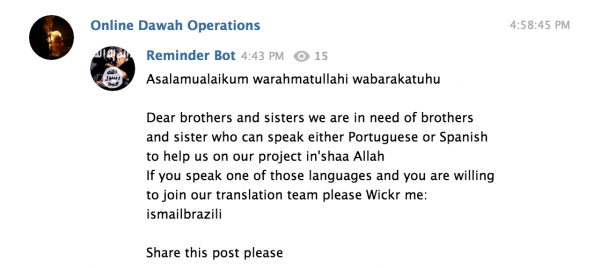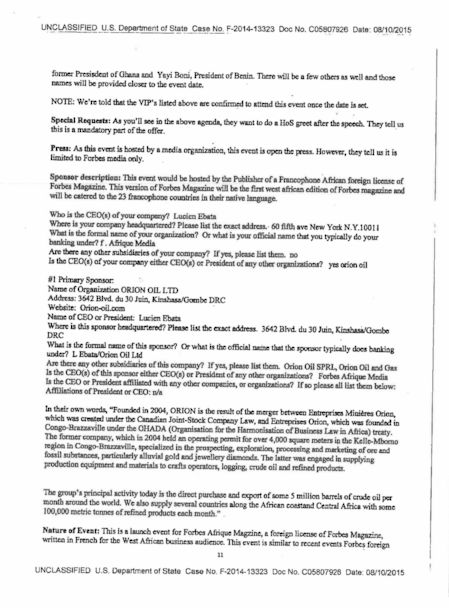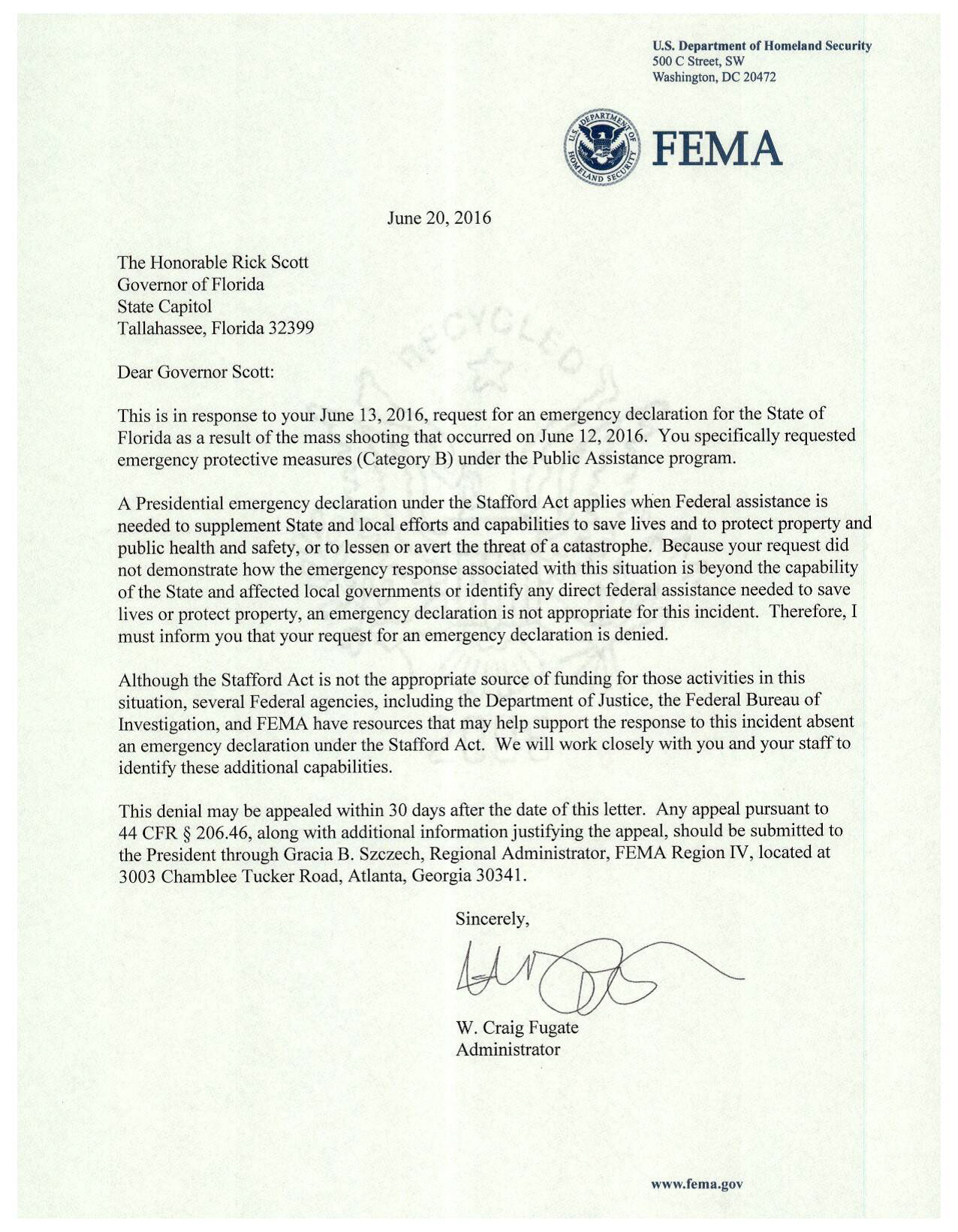
TRAC: South America has not historically been considered a high priority target for Islamic State for reasons ranging from practical to ideological. It has instead been used for remote finance and small-scale recruitment operations by Shia groups and IS’ predecessor, al-Qaeda. It would appear, however, that Islamic State has recognized that political and economic turmoil in countries like Brazil, Venezuela, and Mexico have presented opportunity in the Western Hemisphere.
A sample of recent activity documented by TRAC includes:
- A small, but effective, Islamic State financing ringin Brazil • A new Portuguese-language Nashir IS-news Telegram channel • A former Guantanamo detainee, Jihad Ahmed Mustafa Dhiab, believed now to be in Brazil
Image: A map of the particularly vulnerable border region referred to as the Triple Frontier.
All of this activity, combined with the backdrop of border insecurity at the Triple Frontier, IS recruitment in Mexico, and an active cell in São Paulo present terrorists with copious soft targets in South America, highlighted by the 2016 Olympics.
*****
Based on the information currently available, the threat of an IS-directed attack on the Olympics remains low, though the possibility of an IS-inspired small scale assault always looms. Preventing such an attack will rely on security arrangements at the venue, hotels, and transportation facilities where crime has already been listed as a high risk concern.
Never a High Priority Target
South America has not historically been considered a high priority target for Islamic State or other Sunni jihadist groups for many reasons, ranging from the practical to the ideological. Unlike many European nations, some of whom have a long history of interests in in the Middle East, South American countries are not typically viewed by Sunni militants as potent allies of the US. Instead, Brazil (among others) has served as a place to base remote finance and small-scale recruitment operations.
Outside Historical Caliphate Lands
Central and South America are not part of the lands claimed by historic Islamic conquest and thus fall outside the scope of Islamic State’s ideological priority of extending the Caliphate to the lands that at one time or another were considered belonging to the Umma. (Even the world maps created for Islamic State propaganda don’t bother to identify South America.)
New Focus on Portuguese & Spanish Speakers
This de-emphasis of targets south of the US may be coming to an end, however, on the part of Islamic State. ISIS has recognized the importance of shifting focus from its loses and struggles to new frontiers and opening linguistic doors to recruitment candidates. Following the 11/13 Paris Attacks a tweet attributed to Maxime Hauchard named Brazil as “our next target,” although TRAC has not been able to find a primary source record of this threat. In Spring 2016, Dabiq announced ISIS’ desire to proselytize Mayas with an “anti-colonial” message. Additionally, the approaching 2016 Olympics present an opportunity for Islamic State focus its narrative in a South American nation where it has already seen some support: Brazil.
- TRAC has documented a small, but effective, Islamic State financing ring out of Brazil
- New all Portuguese Speaking Nashir Channel
- Former Guantanamo detainee Jihad Ahmed Mustafa Dhiab
![]()
![]()
Images: Jihadi Jean Luc identified as Steve Duarte. A Luxemburger of Portuguese descent, Duarte was featured in major Islamic State video release as a French-Speaking executioner. In the video he refers to Andalusia and its Muslim cities, threatening Spain. For More on (Video) Islamic State : Filtering Apostates – Five Simultaneous Executions Featuring French Speaking Executioner Wilayat Nineveh
Political Context
- In the final week of February 2016, Brazil’s legislature approved a controversial anti-terrorism law after months of debate.
- President Rousseff signed to enact the law in the final week of March 2016.
- Allows for sentences of 12-30 years.
- Opponents consider it a tool for restraining and silencing Brazil’s political dissident movements.
- With Brazil’s corruption rankings plummeting and successful Olympics on the line, there is reason to believe some in power seek to silence opposition groups.
- The law’s advocates, however, seek not only to avoid sanction but to have additional tools ready to combat global jihad.
- Specific wording: “the practice by one or more individuals of acts for the reason of xenophobia, discrimination or prejudice of race, color, ethnic group or religion with the aim to generate social or generalized terror, endangering people, assets, the public peace or safety.”
- Israeli officials heralded the law citing years of exploitation of Brazil by Iran and Iranian proxy Hezbollah
Recruitment of Portuguese Speakers
Islamic State Messaging
On 03 June 2016 Telegram IS affiliated channel “Online Dawah Operations” shared a general post in English calling for Spanish and Portuguese speakers:
![]()
Reads: “Dear brothers and sisters, we are in need of brothers and sisters who can speak either Portuguese or Spanish to help us on our project in’shaa Allah. If you speak one of those languages and you are willing to join our translation team please Wickr me: ismailbrazili.”
Islamic State Nashir channel in Portuguese appeared on Telegram 29 May 2016:
![]()
Five days before Islamic State member Ismail Brazili called for Portuguese speakers on a general Telegram channel, a Nashir Portuguese channel appeared on Telegram. It was created 29 May 2016 but did not make its first post until 02 June 2016. Though the posts are merely reprints of the main Nashir Arabic Channel, its important to recognize the out-reach to get news from IS controlled areas and IS Wilayats to Portuguese speakers.
Important Hashtags
Islamic State relies on hashtags to spread news on both Telegram and Twitter. In almost all the Portuguese Telegram posts the following hashtags are used to spread the propaganda:
#ReportagemFotográfica
#EstadoIslâmico
#CalifadoPT
Plus the hashtag of the specific Wilayat that is being propagated.
![]()
Examples of Portuguese claims of credit
![]()
Posted 19 June 2016
![]()
Posted 20 June 2016
![]()
Posed 08 June 2016
The red over blue claims of credit (as well as light blue over darker blue) are very typical of traditional Islamic State claims, however the Portuguese are slightly different: the Wilayat appears to the left (opposed to the right) and each are marked “Urgente” which the Islamic State does not print on the claims of credit in Arabic or other languages.
Former GITMO detainee latest Lebanese immigrant to raise alarm in Brazil
The announcement that former Guantanamo detainee Jihad Ahmed Mustafa Dhiab may have legally traveled to Brazil has recently recast Brazil into the spotlight for concerns of jihadist activity. After being transferred to Uruguay in December 2014, Dhiab — whose mother is Argentine –reportedly attempted to travel legally to Brazil, but was denied entrance, according to the statement of an official in Uruguay. Contrary to these reports, another official responsible for working with the Uruguay resettlement, Christian Mirza, said Dhiab traveled legally first to Argentina (in 2015) and then to Brazil, but that his whereabouts are unknown. Dhiab also apparently walks with crutches as a result of poor health, making an undocumented, illegal border crossing more difficult, but not impossible with assistance. On the other hand, Uruguay did not agree to the US request to retain for two years the six resettled detainees.
Jihad Ahmed Mustafa Dhiab.
Dhiab is not the fist Lebanese Sunni to make headlines in Brazil. A suspected ISIS-finance cell associated with an Egyptian jihadist in São Paulo has been profiled by TRAC and is available here:
Islamic State Brazil : São Paulo Cell — (Islamic State / ISIS) — CELL PROFILE
In an operation called Menzad, 18 search warrants were issued to halt the Alameddine family’s fraudulent activity in money transfers suspected of supporting ISIS. It included the arrest of Egyptian Hesham Eltrabily, accused by Egypt of involvement in the 1997 Luxor Massacre.
Khaled Hussein Ali is yet another Lebanese transplant to Brazil of great concern in light of Islamic State’s growing influence. Although his affiliation with Al Qaeda reaches high into the organization, it is likely that his role in spreading propaganda and operating internet cafes in Vila Matilde has created fallow ground for Islamic State’s message in São Paulo and beyond.
Border Security and Soft Targets Concern
Border security has long been problematic for Brazil and its neighbors dealing with drug trafficking and militias. Additionally, the Rio Olympics present copious soft target opportunities for jihadist and other groups. Below are a map of the particularly vulnerable border region referred to as the Triple Frontier:
![]()
This area is relatively under-policed and concerns are that exploitation by Sunni jihadists would create fall-out with the Shia community, whose large mosques dot the Brazilian border facing Paraguay.
![]()



